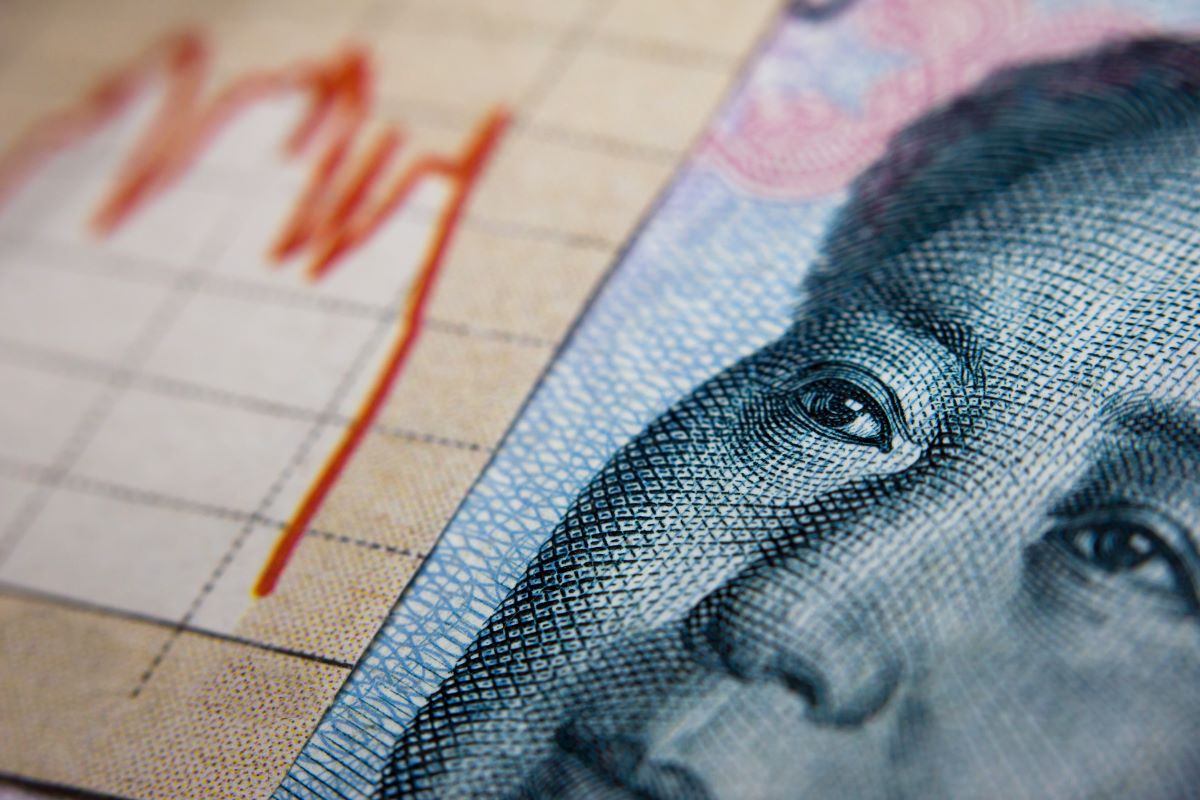The rallying US dollar and consecutive interest rate hikes have eroded confidence in emerging market assets. But China is facing additional challenges due to the unravelling of the property sector, which is impeding growth along with the weak factory output borne out of a global slowdown. China bonds have now seen foreign outflows for seven straight months.
Data from China Central Depository and Clearing showed that foreign investor holdings in China bonds have declined by 594 bn yuan (~$83.4 bn) to 3.48 tn yaun (~$489 bn) in seven months till August. Separately, the Institute of International Finance (IIF) said that Chinese debt markets saw outflows of $1.4bn in September alone.
What’s weighing on China bonds?
However, the outflows don’t seem to have negatively impacted the China bonds performance in September, with barely any change in the S&P China Bond Index which tracks government and corporate bonds in China.
China’s National Bureau of Statistics (NBS) in a recent report said that factory activity surprising expanded during September, the first time in three months. However, the Caixin China manufacturing PMI showed further contraction in September, falling to 48.1 in September from 49.55 in August, the quickest rate of decline in four months. Earlier, the IMF had cut China’s 2022 growth forecast to 3.3%.
“China was the weakest index market in the quarter on concerns over rising interest rates, as countries around the world battle soaring inflation,” Schroder’s said in its Q3 market review.
Beijing has boosted bond issuances in recent months in a bid to increase liquidity. Local governments have been urged to access bonds and support infrastructure projects, a sector which was once China’s primary growth driver.
While domestic factors continue to weigh, the rally seen by the greenback has hurt the yuan, which recently fell past the key threshold of 7 in the onshore as well as the offshore market. The weakness in emerging market currencies has forced investors to take cover under the US dollar.
On the equities front, Chinese stock portfolios declined by $0.7 bn in September, with year-to-date outflows of $2.2 bn, as per IIF data.
In September, the US Federal Reserve raised interest rates by 75 bps for the third consecutive time. This has pushed the yields on 10-year Treasury bonds past Chinese bonds, and investors seem to be fleeing China in search of better returns.


 Australia
Australia China
China India
India Indonesia
Indonesia Japan
Japan Malaysia
Malaysia Philippines
Philippines Singapore
Singapore South Korea
South Korea Taiwan
Taiwan Thailand
Thailand Vietnam
Vietnam







